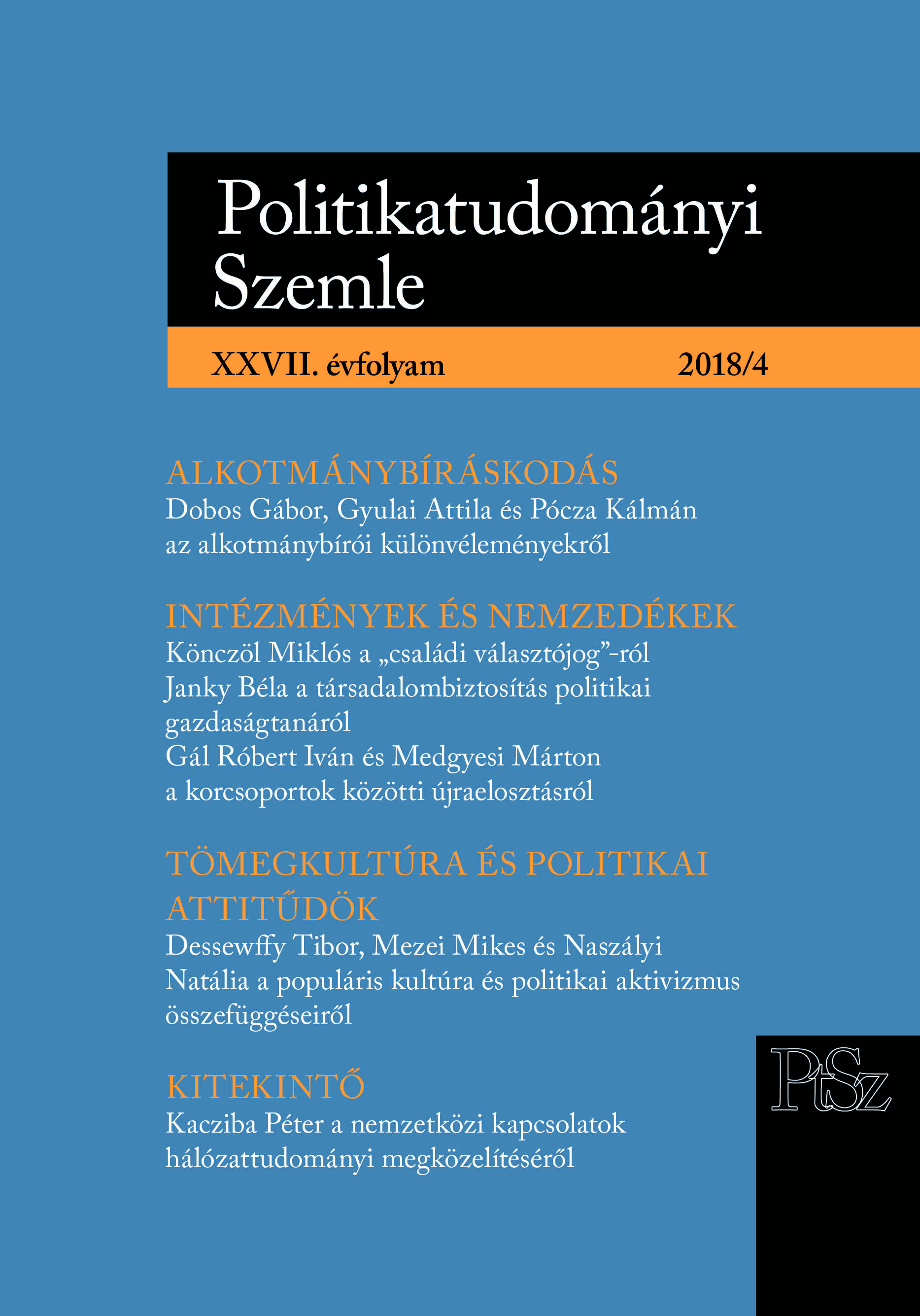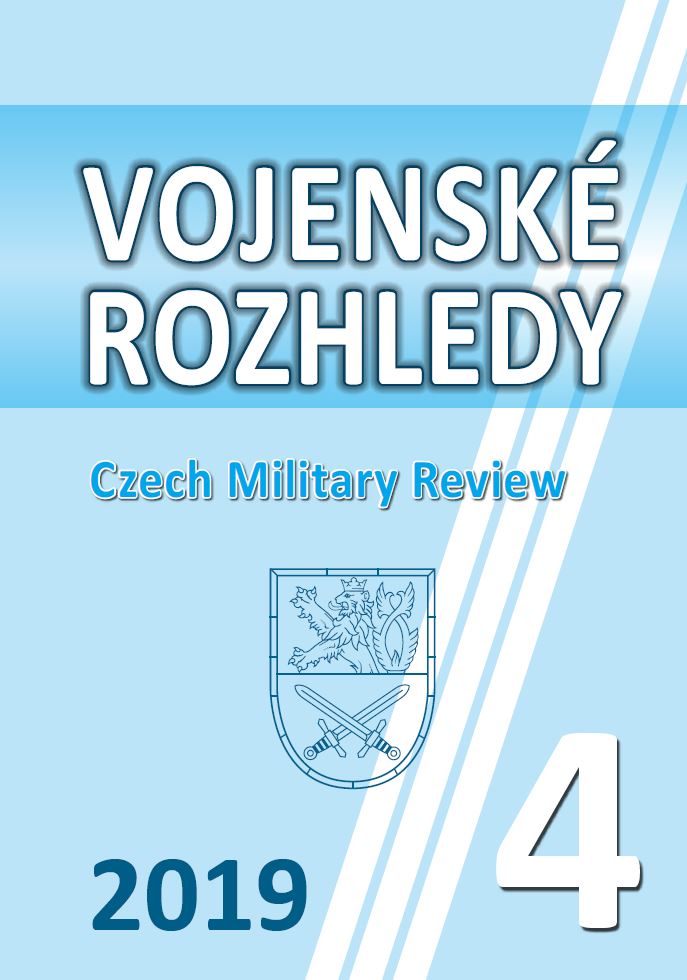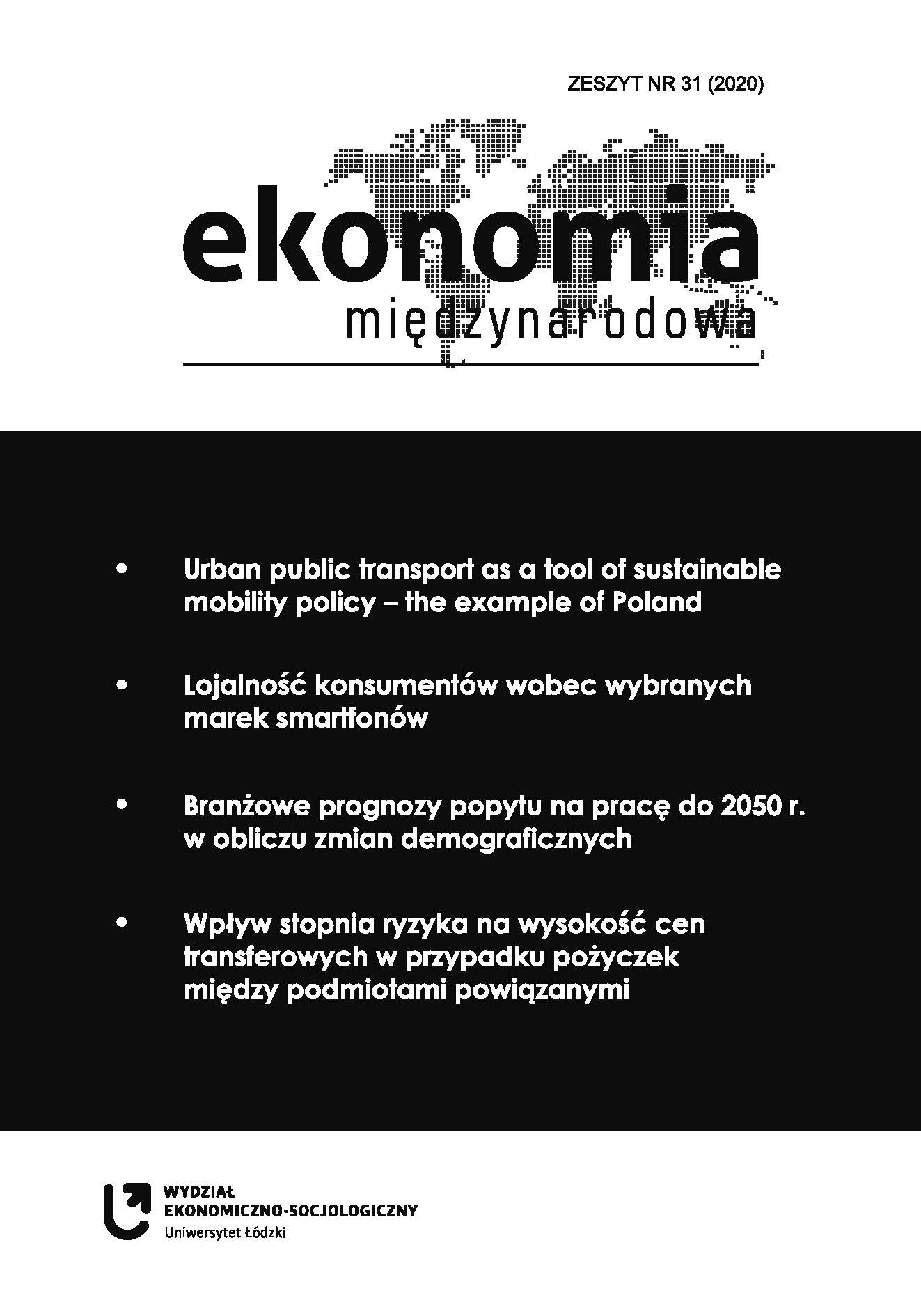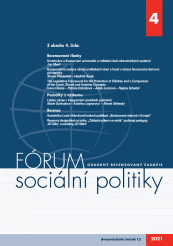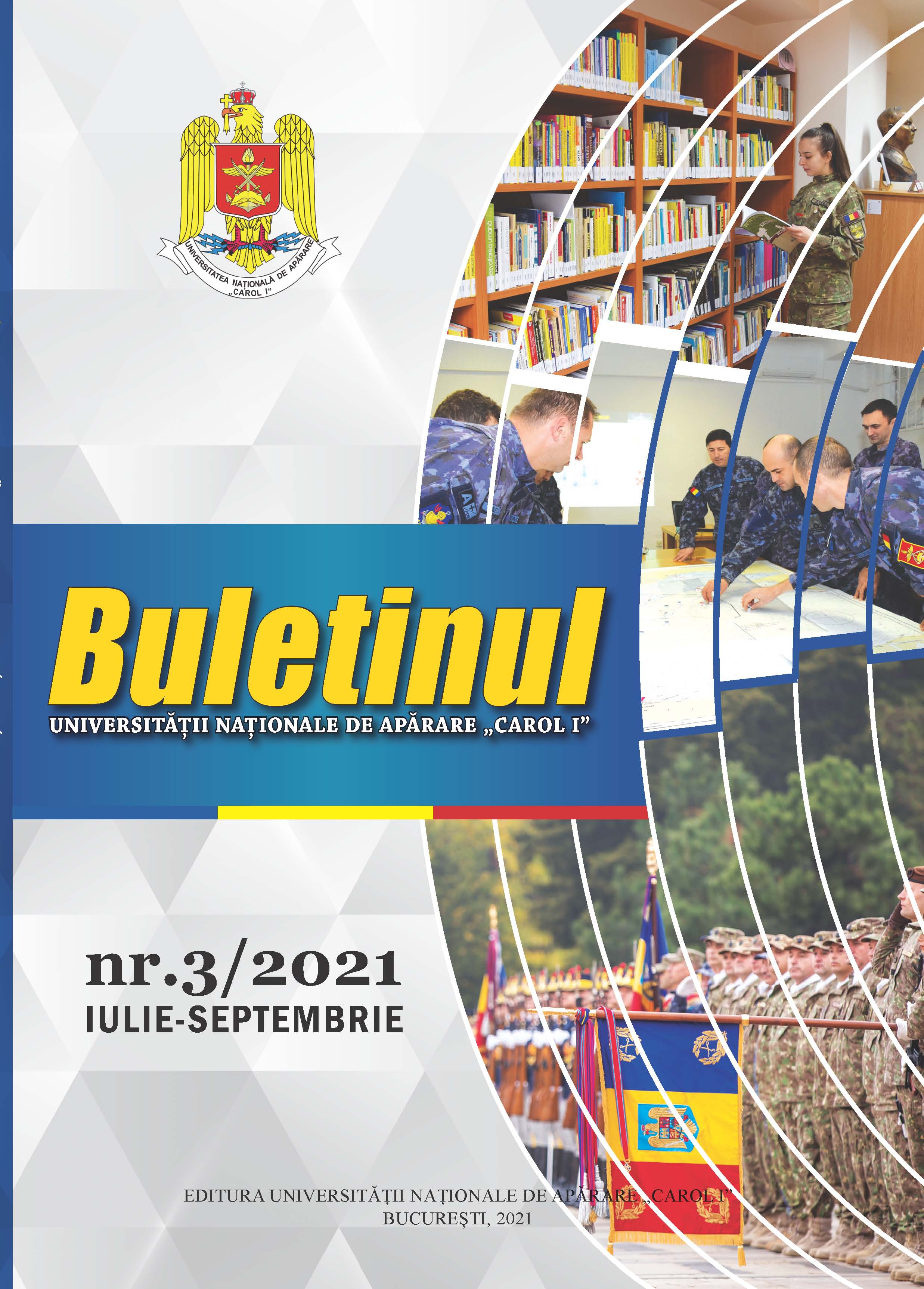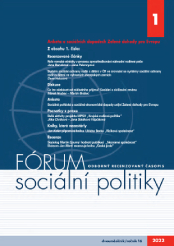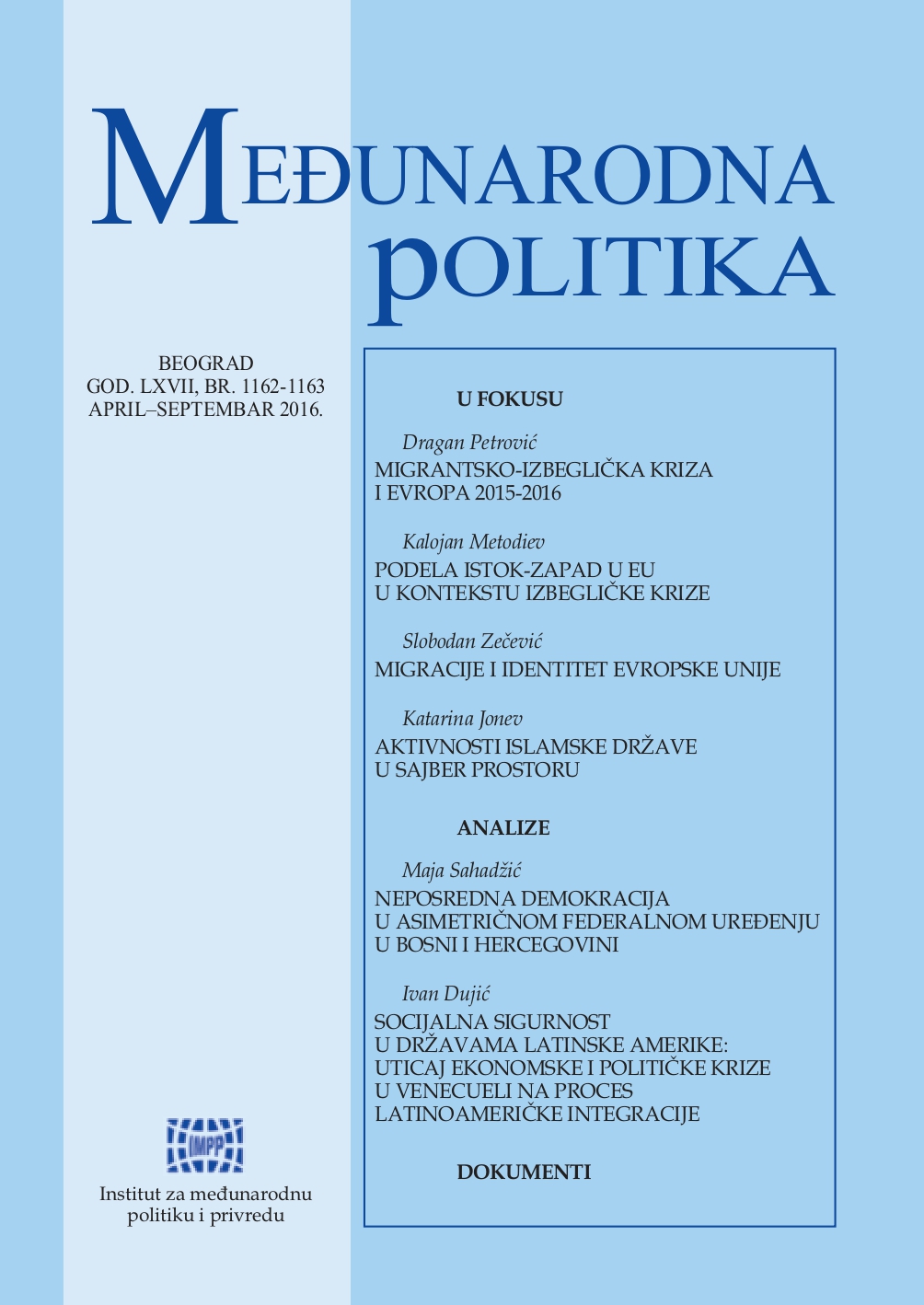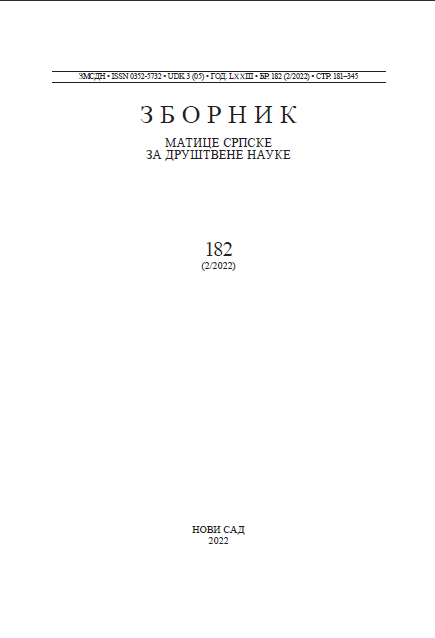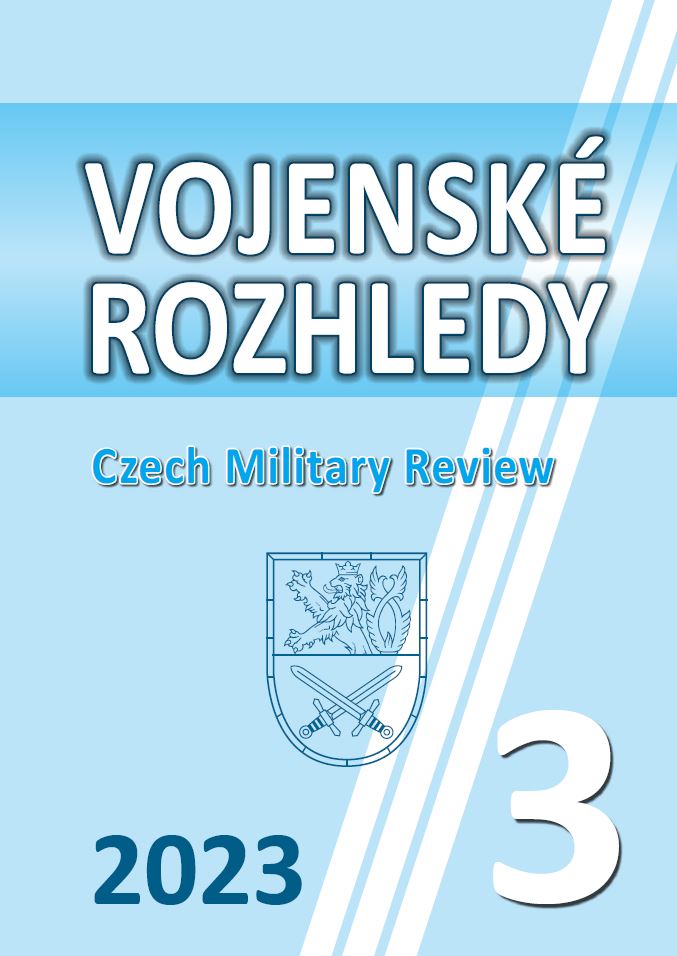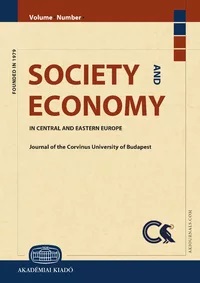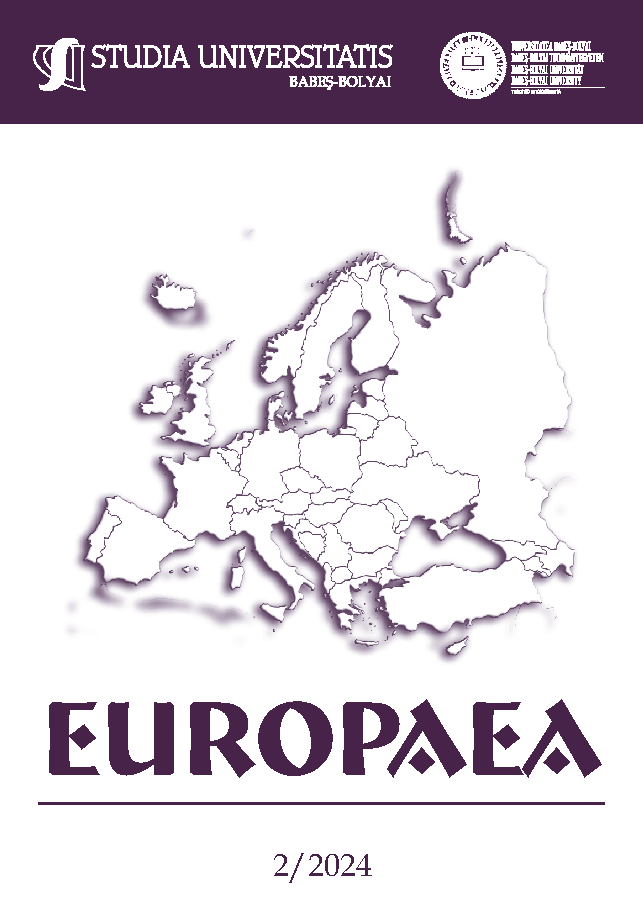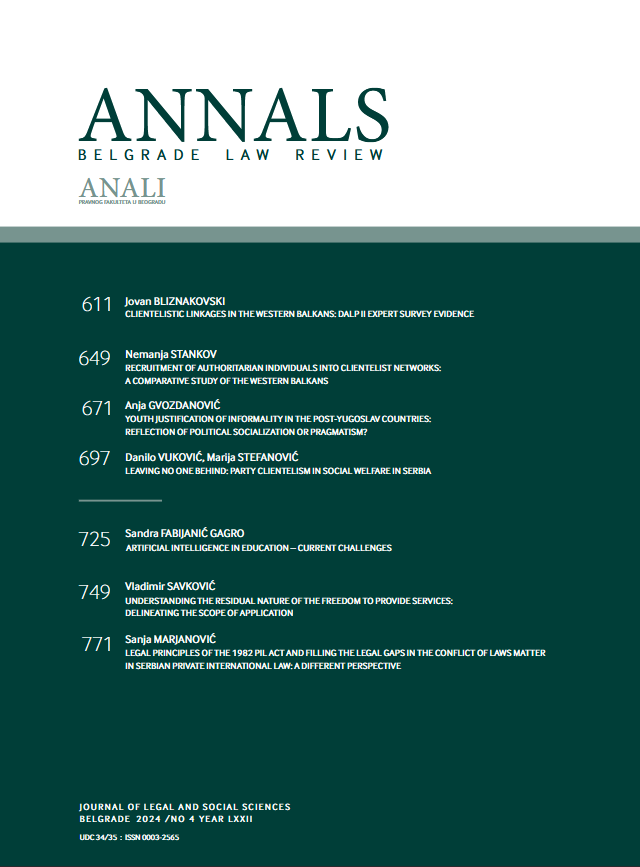LES NOUVELLES APPROCHES DE SOUTENABILITÉ DE LA POLITIQUE BUDGÉTAIRE
The recent international financial crisis has led to the increase in public debt that has reached unprecedented levels, which has raised many concerns about the sustainability of public finances of European countries and emerging ones. This has led governments to adopt from 2009 austerity measures to stabilize the trajectory of public debt. Various approaches are used to test the sustainability of public debt as the accounting and the actuarial approach. However, these methods have presented many shortcomings which required the adoption of new approaches, such as the estimation of fiscal reaction function, stochastic simulations and using overlapping generations’ models.
More...



